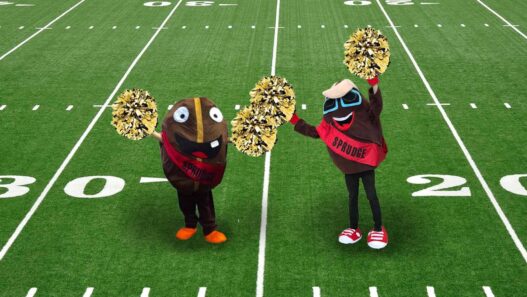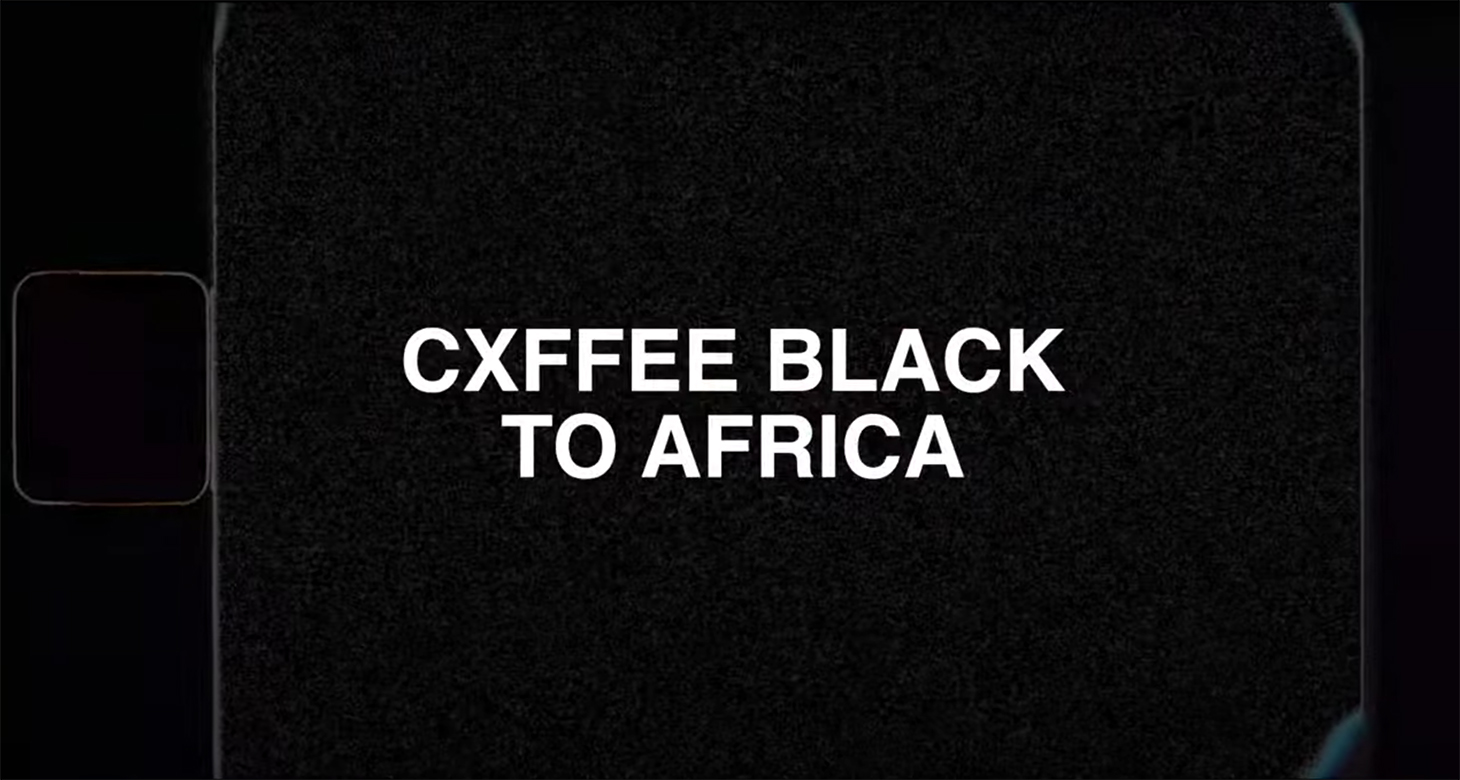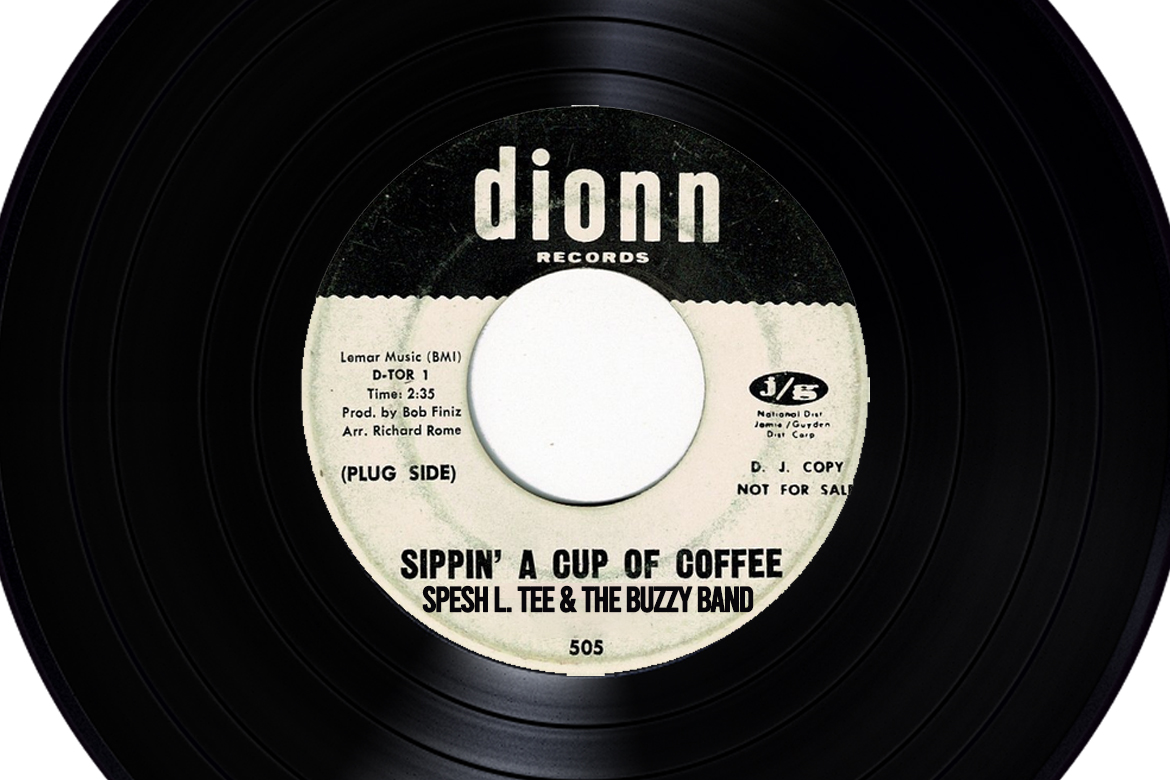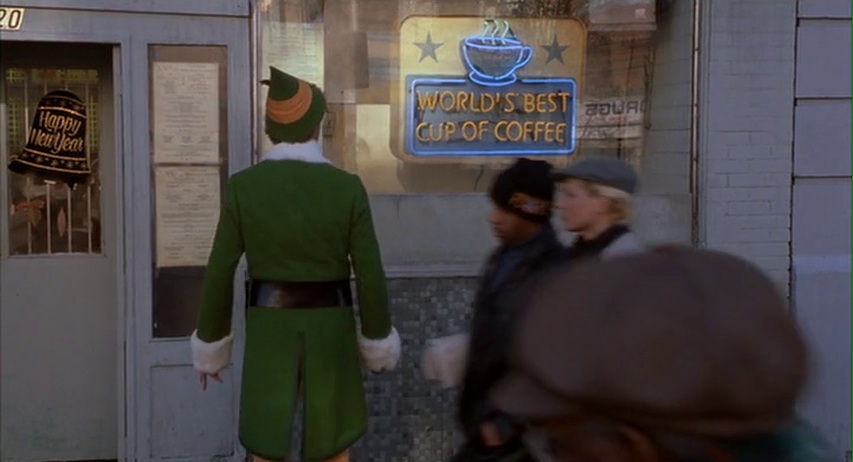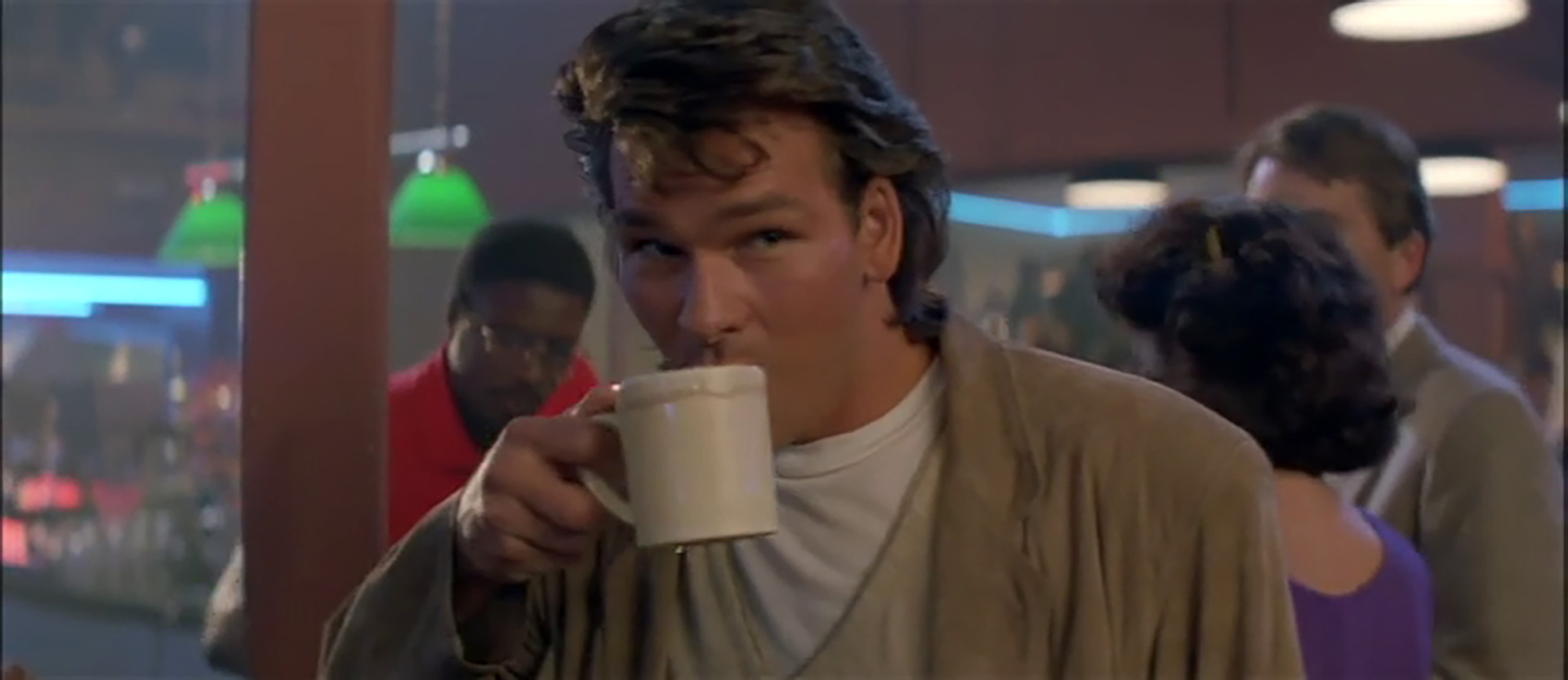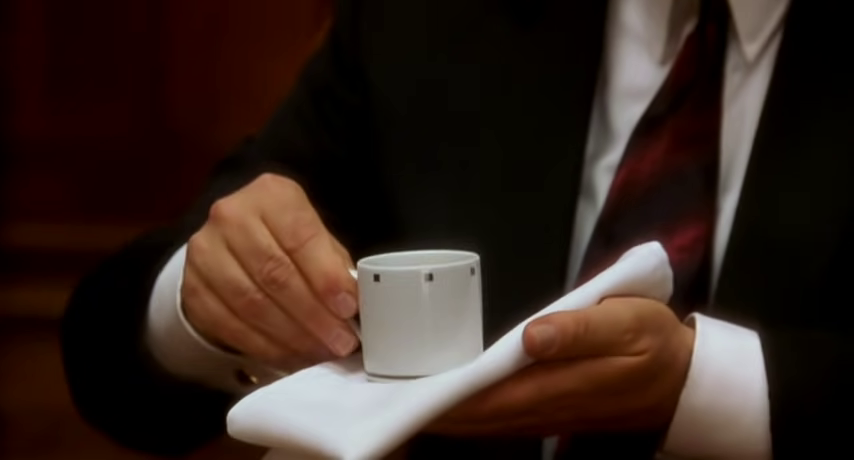A bean described as “magic”, “staggering”, and “miracle”? No, it’s not about the giant, mile-high stalk from “Jack and the Beanstalk.”
Green coffee extract (GCE) are three words I didn’t want to think about again, much like “Kopi Luwak,” which is awful, and refuses to be exiled from pop culture. I remember my first time hearing about this supposed “wonder drug”—my sympathies extended to anyone caught up in magical curative hokum.
Despite tens of millions in lawsuits filed for false advertising of green coffee extract as a miracle fat melter and an appearance at a US Senate subcommittee hearing, green coffee extract continues to be the sort of thing you get asked about when people learn you write about coffee. How did this even become popular? And why is it still available?
For one, a celebrity endorsement goes a long way, especially if a pill claims to help people achieve their body image goals—specifically around weight loss, for which there is a multi-billion dollar predatory industry. Misinformation spreads quite easily these days, and regulation in the dietary supplement industry leaves much to be desired.
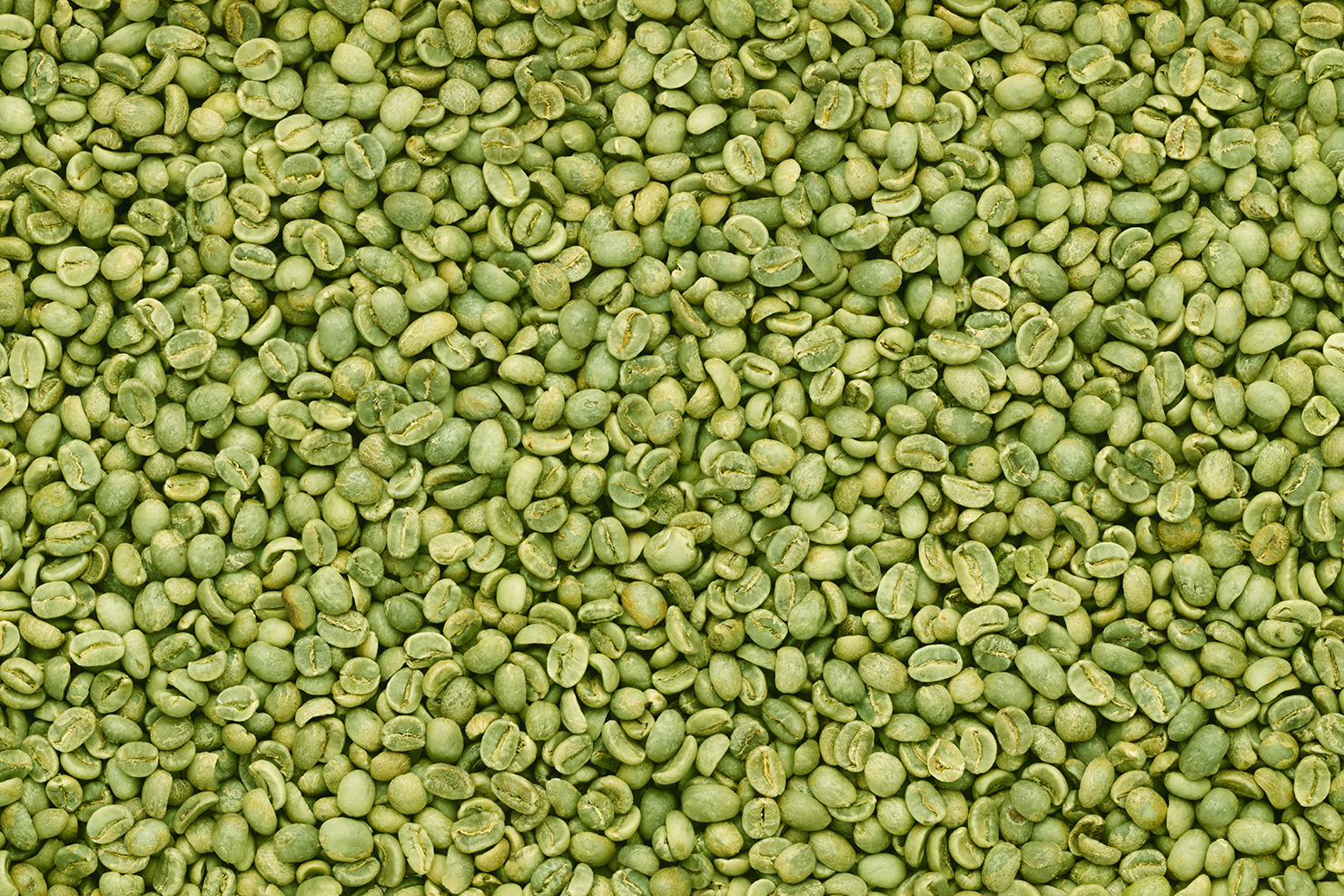
The dietary supplement industry is expected to reach $56.7 billion in the US by 2024. Four out of five US adults report using dietary supplements according to a 2021 consumer survey. As humans, we have a quick-fix mentality in every aspect of our lives and the weight-loss industry is rife with it.
Dietary supplements are an exception in the FDA’s definition of a “drug” thanks to the Dietary Supplement Health and Education Act (DSHEA) of 1994. The DSHEA outlines what a supplement is and its marketing requirements. Unlike drugs, though, supplements are not subject to FDA approval before going on the market. “The manufacturers and distributors of dietary supplements are responsible for making sure their products are safe BEFORE they go to market,” notes the FDA. Post-market, the FDA can investigate reports of adverse events and the FTC can file complaints and regulate the marketing.
In short, GCE as a supplement doesn’t get reviewed by any agency unless a company starts making absurd claims or has reports filed on it.
How It’s Made
The existence of green coffee extract isn’t new. It’s produced as part of the decaffeination process. As a supplement, green coffee extract is created from steeping raw, unroasted coffee in water. The coffee could be whole bean or ground. But please don’t run these through your grinders at home! You’ll likely void that manufacturer’s warranty. Since the extract is rather vegetal in taste, the final product is served in capsule or powder form. While caffeine is a selling point for some GCE products, decaffeinated ones are also available.
The weight-loss claim is thanks to the existence of chlorogenic acid, a group of compounds that might be antioxidant, anti-inflammatory, and anti-hypertensive. It also exists in roasted coffee, though not at the same levels. Caffeine, the other compound in green coffee, seems to have a new research study about it every month.
Rise In Popularity
In April 2012, controversial figure and talk show host-turned-erstwhile-politician Dr. Mehmet Oz introduced GCE as a weight-loss supplement on his TV show, “The Dr. Oz Show.” The segment, titled “Burn Fat Fast! 5 Fat Burners to Melt Your Fat!” featured nutritionist Lindsey Duncan and a 16-person clinical trial that was later retracted (more on that later).
Within weeks of the episode airing, Applied Food Sciences (AFS) began advertising their supplement, which they claim was used in the study. “With staggering results participants in the study lost an average of 10% of their body weight without changing diet or exercise,” according to AFS’s press release.
“You may think magic is make-believe, but this little bean has scientists saying they’ve found the magic weight-loss cure for every body type — it’s green coffee extract,” exclaimed Dr. Oz on his show.
Later on in the year, Dr. Oz followed up on the popularity with the Sept. 2012 segment “Green Coffee Bean Extract: The Fat Burner That Works!” This time, he said he conducted his own experiment and was convinced by its results. By giving a studio audience of 100 women either a GCE pill or a placebo pill, his website concluded, “In two weeks, the group of women who took the green coffee bean extract lost, on average, two pounds. However, the group of women who took the placebo lost an average of one pound–possibly because they were more aware of their diet for that two weeks because of the required food journal.”
In actuality, the results were generously rounded up from 1.6 lbs (GCE) and 0.84 lbs (placebo), and the results were avowedly unscientific. All mentions of green coffee extract have been scrubbed from the official show website and that episode quotes had to be gathered via those who documented them at the time or lawsuit filings.
Too Good To Be True
These days, GCE is still around but not as popular as it was before. Green coffee extract as a weight-loss supplement reflects the old adage of “if it sounds too good to be true, then it is.”
A 2013 analysis of TV medical shows’ health recommendations by a team of Georgetown University researchers found that “78% of statements made on the Dr. Oz show did not align with evidence-based medical guidelines.” With an average of 6.91 health recommendations per show, renewed for its 14th season, and a minimum of 165 episodes per season, you can imagine how many recommendations have been made.
Starting from 2014, lawsuits totaling in the millions were leveled against marketers and manufacturers that profited from selling GCE and making false health claims.
That 2011 study that first kicked off the GCE hype? It was later retracted because of several reasons, not all listed here: the India-based study was funded by GCE-manufacturer AFS, weights and other key measurements were repeatedly changed, and US researchers were hired to rewrite it. The FTC settled the lawsuit with AFS for 3.5 million, noting that the “study was so hopelessly flawed that no reliable conclusions could be drawn from it.”
Because of the two episodes and the lawsuit, Dr. Oz was invited in 2014 to a hearing held by the Senate Subcommittee on Consumer Protection, Product Safety and Insurance about weight-loss scams. What he didn’t realize was that he would be grilled by the panel.
“The scientific community is almost monolithic against you in terms of the efficacy of the three products that you call miracles,” said Senator Claire McCaskill (D-Mo.).
In one breath, he admitted that he would never publish the paper on his 100-person studio audience project and in the next, said, “I actually do personally believe in the items I talk about in the show. I passionately study them. I recognize they don’t have the scientific muster to present as fact, but nevertheless, I would give my audience the advice I give my family all the time, and I have given my family these products.”
Duncan, the nutritionist who introduced GCE on the show, and his companies agreed to settle with the FTC in 2015 for $9 million. “Lindsey Duncan and his companies made millions by falsely claiming that green coffee bean supplements cause significant and rapid weight loss,” said Jessica Rich, Director of the FTC’s Bureau of Consumer Protection in a press release. The FTC complaint said that after he went on the show, Duncan and his companies capitalized on the “Oz Effect” and began selling GCE. Citing the later-retracted study, they falsely claimed that their supplement could cause people to lose 17 pounds.
But wait, there are more lawsuits. Again in 2016, a Florida Federal District Court ordered marketer Nicholas Congleton of Pure Green Coffee to disgorge $29 million for deceptive advertising practices. With false, “biologically implausible” claims like “sixteen percent of body-fat in twenty-two weeks” and “twenty pounds in four weeks,” the business had generated $33.8 million in revenue.
And finally, in the same year, the operation Sales Slash and five other defendants were charged by the FTC for $43.4 million with an additional $10 million to be refunded to consumers who bought the supplements (of which GCE was one of them). “Sale Slash’s business model was built on lies,” said Jessica Rich, Director of the FTC’s Bureau of Consumer Protection in the press release. “They used spam email, fake news sites, and phony celebrity endorsements to make their outlandish weight loss claims. The FTC has put an end to all these illegal practices.”
All this being said, there are still studies being done that look at green coffee extract as a useful health supplement. A meta-analysis paper published in 2019 examined 17 research studies about GCE and concluded, “The available evidence from studies suggests that supplementation with green coffee extracts results in significant reductions in total cholesterol, HDL-C, and LDL-C levels and in modest, but non-significant, improvements in TG levels.”
However, none of the studies had more than 36 participants and “the median study duration of 8 weeks prevents authors from making conclusions about the effectiveness of green coffee extracts in the longer-term.”
Yes, You Can Still Buy It
Despite the lawsuits, the hearings, the analysis and meta analysis, green coffee extract is still available over the counter as a weight loss supplement.
Like many other health supplements available, it’s up to the consumer to do the research. And for weight-loss ads, the FTC has an entire page dedicated to spotting scam ads.
So far, there aren’t enough conclusive studies about using GCE as a weight-loss supplement, nor much about a safe, effective dosage, or any long-term health effects. What is certain is that it is not a magic pill that melts fat. And the next time someone asks you about it? Tell them skepticism is the real health trend this season.
Jenn Chen (@thejennchen) is an Editor At Large at Sprudge Media Network. Read more Jenn Chen on Sprudge.










